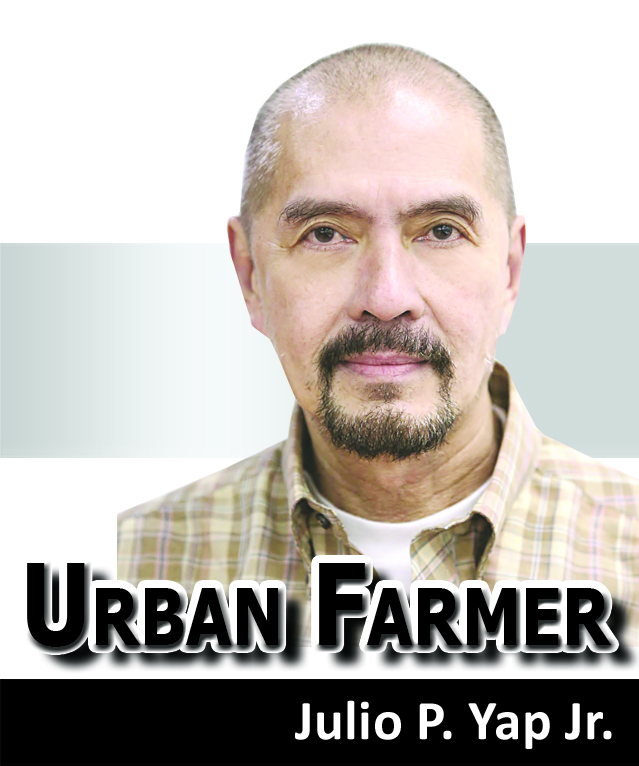 ONCE AGAIN, Agrilink, known as the frontrunner of agricultural trade show in the country, opens on Thursday, Oct. 4, and will run until Oct. 6.
ONCE AGAIN, Agrilink, known as the frontrunner of agricultural trade show in the country, opens on Thursday, Oct. 4, and will run until Oct. 6.
It will be the 25th series of Agrilink, which will be held at the World Trade Center in Pasay City.
One of the government agencies that will participate is the Bureau of Agricultural Research of the Department of Agriculture (DA-BAR).
It will be presenting the different technologies on swine generated through research and development (R&D).
For many years now, BAR has been one of the major co-sponsors and participating exhibitors of the country’s largest international agribusiness trade show.
Agrilink is a yearly activity that features technological breakthroughs in agribusiness while forging linkages and partnerships among producers and consumers.
This year’s theme “Efficient Value Chain in the Hog Industry: A Must for Continued Growth” is a timely focus since the swine industry – being the second largest economic activity in the agricultural sector of the country – is reported to be on the rise for both backyard and commercial production.
Fuelled by the current administration’s mandate in intensifying the hog industry coupled with its call against illegal importations, the industry is potentially projected to advance in the coming years.
BAR, as the lead agency for R&D coordination of the DA, is supporting the development of production and management technologies and product development of native animals.
Under the Philippine Native Animals Development (PNAD) program in partnership with the Bureau of Animal Industry-National Swine and Poultry Research and Development Center (BAI-NSPRDC), the project aims to intensify policies and initiatives for sustainable conservation, production, and marketing of native animals, such as pig, cattle, and chicken.
Since 2008, BAR has supported a total of 25 projects under the PNAD program.
These projects focus on developing technologies that aim to address conservation, characterization, and commercialization of potential strains of native animals, through product development and promotion.
In partnership with various government agencies and the private sector, technologies generated through these collaboration covered R&D areas like production and management of native animals, breed conservation and utilization, processing and value-adding; value chain analysis; and information system.
One successful BAR-funded project is the “Agricultural Systems Approach to Commercialization of Native Swine in Quezon” implemented by University of the Philippines Los Baños Foundation, Inc. (UPLBFI).
The project promotes the use of Gabing San Fernando (Xanthosoma sagittifolium), Trichanthera, common herbal plants, including kangkong, kamote as feed for native pigs.
Through the “Dos Por Cinco,” a native swine module, a farmer can generate an additional P33,500 in two years from selling piglets.
The use of Sakwa as feed to native pigs lessened the expenses of inputs.
Farmers can have an estimated income of P50,000 in a year from the selling of piglets for lechon.
Aside from these technologies, BAR will showcase its supported R&D researches from its banner programs, the Community-based Participatory Action Research and National Technology Commercialization Program, as well as from the bureau’s major commodity programs such as corn and cassava, adlay, rice, and other high-value commodities. (jaypeeyap@ymail.com/PN)


